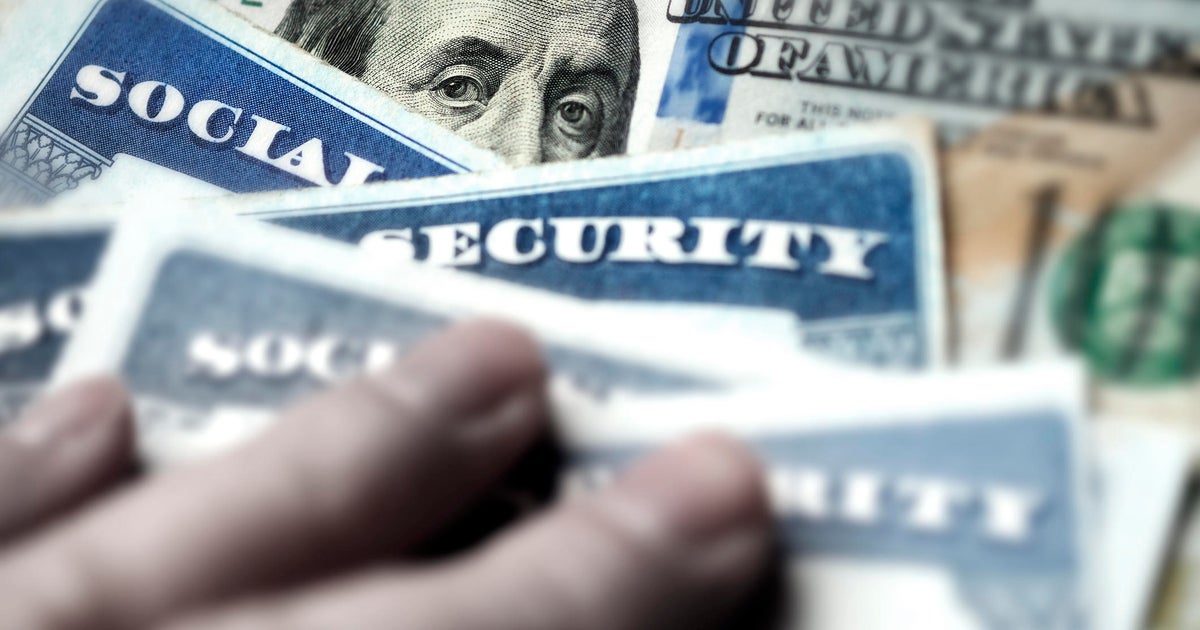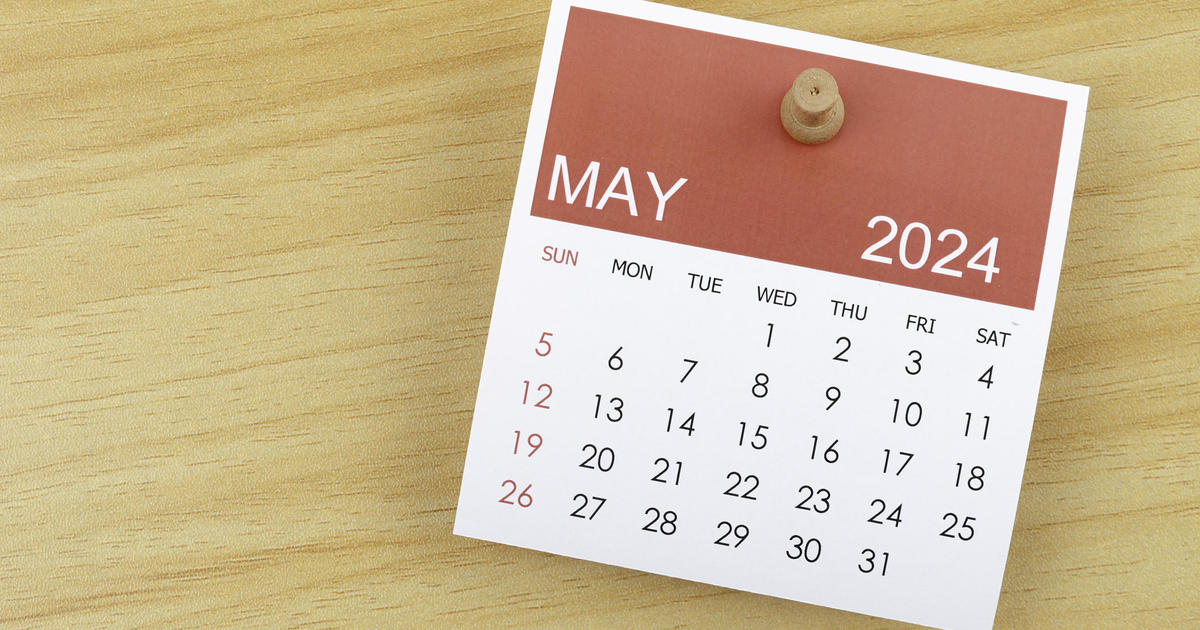Unemployment around the U.S. will reach 16% this year, CBO says
Washington — Unemployment around the U.S., near a 50-year low before the coronavirus struck, will surge to 16% by September as the economy withers under the impact of the outbreak, the Congressional Budget Office said Friday.
That would far exceed the hit to the labor market during the Great Recession, when the jobless rate peaked at 10%. Unemployment will likely remain in double-digits into 2021, according to the agency.
The CBO's forecast underscores the pandemic's devastating impact on the economy. The nation's gross domestic product — the total value of goods and services — is expected to plunge at an annualized rate of 40% between April and June before rebounding in the second half of the year. The CBO projects overall annual economic growth of -5.6%, down sharply from 2.1% the previous year.
More than 26 million Americans have applied of unemployment benefits in little more than a month. Many economists say the nation's unemployment rate is now around 15% and could eventually approach 20%.
"The U.S. is dealing with both demand and supply shocks the likes of which it has never seen, but as the economy opens back up later in the year the pullback in demand will likely prove more damaging," analysts with Bank of America Global Research said in a research note.
Exploding deficit
The pandemic is also wreaking havoc on other aspects of the economy. The 2020 budget deficit will explode after four coronavirus response bills passed by Congress and signed by President Donald Trump promise to pile more than $2 trillion onto the $24.6 trillion national debt in just the remaining six months of the current fiscal year, according to the report. That's more than double the deficit record set during former President Barack Obama's first year in office.
Another worry is the further reduction of government revenues that already were well below historic averages, even as the spending side of the federal ledger climbs due to the retirement costs of the baby boomers to Medicare and Social Security, record Pentagon spending and long-term COVID-19 response costs.
Even Washington's few remaining spending hawks say the flood of red ink should not be a focus in the short term as the government takes unprecedented steps to respond to a shrinking economy, unemployment levels not seen since the Great Depression, and shutdown orders lasting well into next month or beyond.
But when policymakers inevitably are forced to take on deficits, virtually none of them will have any experience in successfully doing so. Congress has not passed a major attack on the deficit since the hard-won 1997 law that capped a decade's worth of politically costly but ultimately effective reduction measures.



